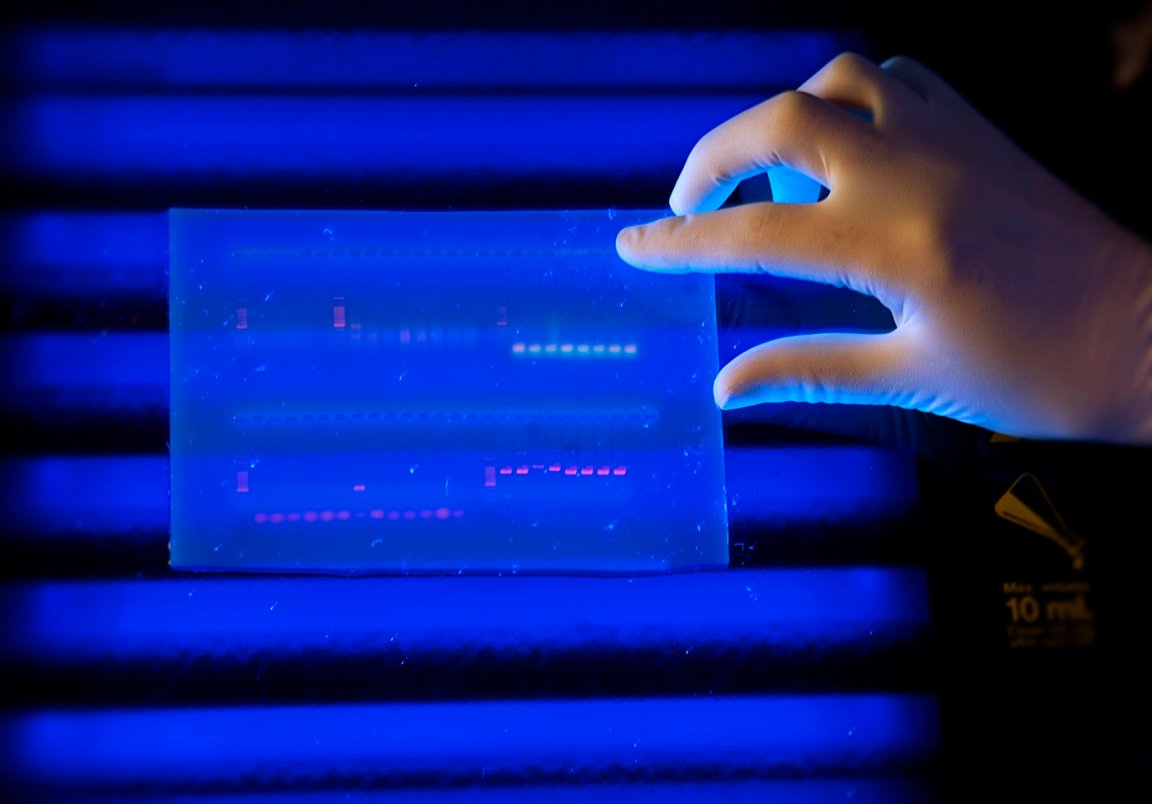
Important Genes
According to new research published in the journal Genome Research by scientists in the Department of Plant Sciences at the University of Oxford, there is a cellular mechanism in plants that protects genes from negative mutations. Organisms have evolved to have a number of repair mechanisms that jump into action to try to correct the mutations in DNA sequences.
This new study shows for the first time how the repair mechanism called DNA mismatch repair (MMR), which corrects mutations that come about during genome replication in cell division, targets specific areas of the genome, repairing genes in a preferential manner. In other words, through this MMR mechanism, cells target genes over all other areas of genomes for repair.

This research, led by Oxford’s Nicholas P. Harberd, was completed with help from scientists at Zhejiang University in China and Lahore University of Management Studies in Pakistan. Their study examined 9,000 mutations that arose within five generations of an MMR-deficient strain of Arabidopsis thaliana, a model plant species. These mutations were compared with those that has occurred in a strain proficient in MMR.
Repairing Mutations in the Genome
According to Harberd, “we were surprised to see that whilst mutations are more or less randomly spread throughout the genome of the MMR-deficient strain, they are not randomly spread throughout the genome of the MMR-proficient strain.” In fact, the MMR-proficient plants exhibited a preference of protecting the plants’ genes from mutation instead of the rest of the genome.
Harberd elaborated that it’s “understandable that natural selection may have favored the relative targeting of MMR to genes rather than non-genic regions. The challenge now is to understand how that targeting works.”
Further research could potentially improve our understanding of human genetics and how we may approach preventing or repairing mutations. Cancer research could particularly benefit, because MMR-deficiency makes cells more likely to form tumors. This could also be a tool used in combination with the gene-editing tool CRISPR, which has a number of potential medical applications.